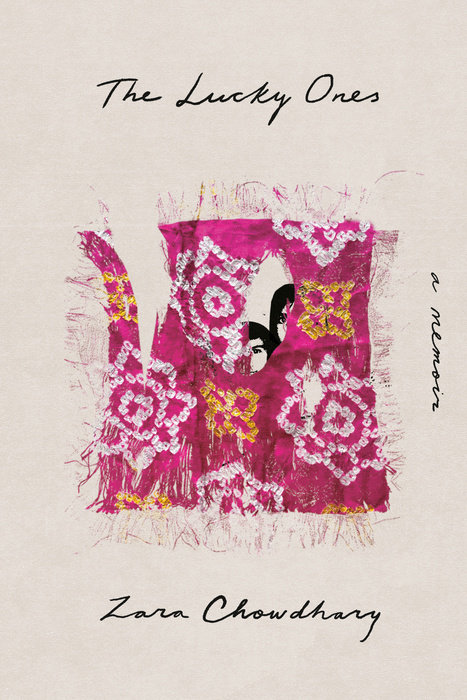India, since its independence in 1947, has strived to maintain its identity as a secular nation, as outlined in its Constitution. Yet, the status of religious, caste, and gender minorities has often been fraught with challenges. The rise of Hindu fundamentalism, particularly in the 1990s, culminated in the election of a Hindu nationalist government in 2014, a party that remains in power today. Among the most troubling chapters in India’s recent history is the 2002 Gujarat pogrom, which followed the killing of thousands of Muslims. The subsequent backlash against Muslims, fueled by accusations from the then Chief Minister of Gujarat, Narendra Modi, has left deep scars on the nation’s collective memory.
In her deeply moving memoir entitled The Lucky Ones, Zara Chowdhary recounts her experiences as a Muslim teenager in Ahmedabad during this tumultuous period. Living in a Muslim-majority neighborhood, Chowdhary vividly describes the fear, violence, and chaos that engulfed her community. Her account does not shy away from the brutal realities of the time, detailing the horrific violence, including the rapes, arson, and targeted attacks on Muslim homes and businesses. From her flat in the Jasmine building, she observed and documented the harrowing experiences of ordinary Muslims, particularly women, during the riots, as per an article by the publication, International Examiner.
Chowdhary’s narrative is not only a recounting of the horrors but also a testament to the resilience and survival of her community. Using the metaphor of threads, she weaves together the stories of her family and their struggles. Her grandfather’s escape from East Punjab before Partition, her father’s challenges as a Muslim in a bureaucratic position, and her mother’s endurance of domestic violence all contribute to the complex tapestry of her family’s history.
The memoir also highlights the dynamics within her family, particularly the ways in which they navigated their Muslim identity amidst increasing hostility. Chowdhary’s father, educated in the United States, faced daily discrimination in his job at the Gujarat Electricity Board, ultimately leading to his premature retirement. Her mother, from a Southern Indian Muslim family, endured both domestic violence and the disdain of her Gujarati Muslim mother-in-law. Amidst these challenges, Zara’s aunt, a divorced professor of economics, became a symbol of resistance and resilience, moving in with the family during the riots and providing a crucial support system.
Zara’s account goes beyond the personal, delving into the broader socio-political landscape of the time. She candidly discusses the psychological trauma of the riots, the domestic abuse within her family, and the challenges of being a Muslim girl facing board exams in the midst of a pogrom. Her relationships with her mother, sister, and particularly her grandfather are poignantly portrayed, adding depth to her narrative.
This memoir, with its unflinching depiction of various forms of violence—political, psychological, and physical—is not an easy read. However, it is an essential one, offering a courageous and necessary perspective on a dark period in India’s history. Chowdhary’s writing is an act of defiance, and reading it is a gesture of solidarity with those who suffered.
Zara Chowdhary is scheduled to discuss her memoir in conversation with Tessa Hulls at Elliott Bay Books, Seattle, on September 27 at 7 PM.




